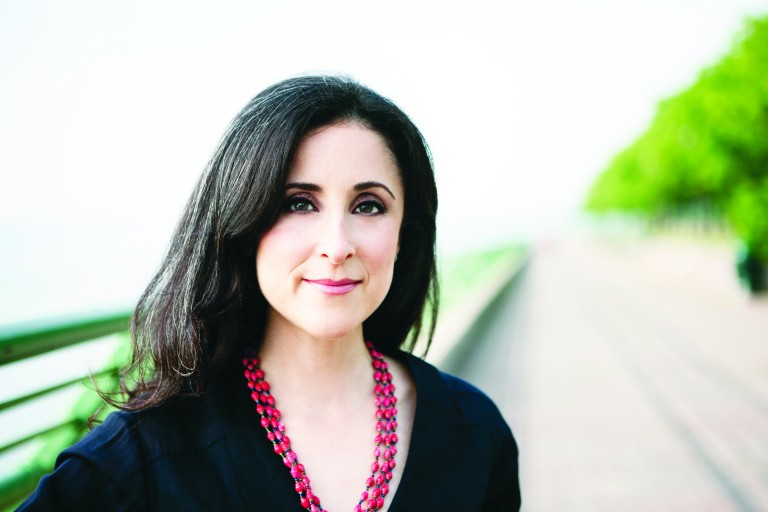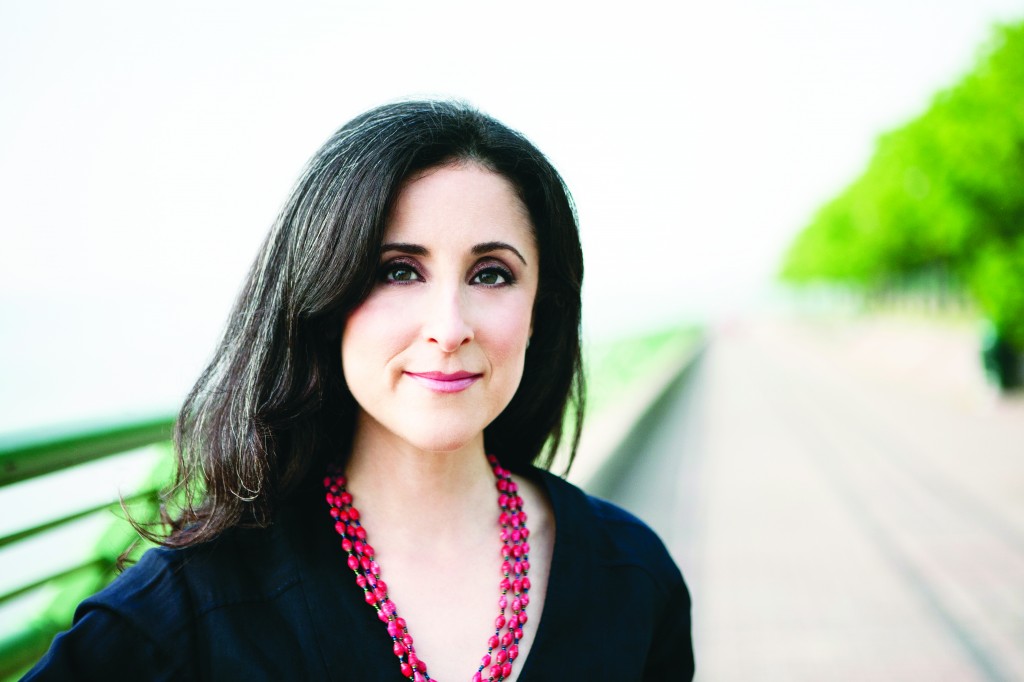As millions of gallons of floodwater filled the basement of the 25-story Bellevue Hospital in lower Manhattan during Hurricane Sandy almost exactly one year ago, Dr. Laura Evans, the medical director of critical care at the nation’s oldest hospital, along with everyone else in the facility, began to brace for a time like no other.
As described by Pulitzer Prize-winning journalist Sheri Fink in the epilogue of her new book, “Five Days at Memorial: Life and Death in a Storm-Ravaged Hospital,” Dr. Evans – and everyone else at the hospital – held their breath as the facility’s lights flickered while much of the city plunged into darkness.
“It took about seven terrifying seconds for power from the backup generators to kick in and get things functioning again,” Fink writes.
Almost immediately after, Dr. Evans received a phone call: In 60 to 90 minutes, she would have access to only six power outlets. All the other outlets would be dead.
So, Dr. Evans was thrust into a world where, out of 56 patients, only six could be hooked up to power. Nearly all of those patients relied on equipment that ran on electricity, and many, Fink explained, were on life support or had drips of intravenous drugs that regulated heartbeats and blood pressure.
Which six people would they choose? How would they do it?
How does anyone – at any hospital – make such decisions?
According to Fink, who will speak at the Central Queens YM & YWHA in Forest Hills on Monday, Oct. 21 at 1:30 p.m., hospitals across the nation have been woefully unprepared to answer these questions – and the doctor-turned-journalist argues it’s crucial to involve not only medical professionals but the public at large in such a discussion.
“There was news that nobody died in the immediate aftermath of being evacuated from hospitals in Hurricane Sandy, but we don’t know how many died of the stress of that move or the fact that they didn’t arrive at the next hospital with medical records,” Fink said. “… That really proves that we didn’t learn everything we could’ve from [Hurricane] Katrina.”
A medical doctor who also holds a Ph.D. in neuroscience, Fink – who has delivered aid in combat zones and reported on how doctors and nurses can cope in such places as war-torn Bosnia – will speak at the Central Queens about her new book, which expands upon her Pulitzer Prize-winning reporting and which tells the story of New Orleans’ Memorial Medical Center during Hurricane Katrina.
Cut off by the floodwaters that devastated New Orleans, exhausted Memorial medical staff were faced with no power and rapidly rising temperatures inside their facility. After the hospital was evacuated, 45 corpses were discovered and, following an investigation by the state of Louisiana, 23 of the bodies were determined to have elevated levels of morphine and other drugs. According to that investigation, 20 were determined to be homicide victims. Staff were accused of hastening the victims’ deaths.
“As I wrote each person’s perspective, I felt like I could empathize with them,” Fink said. “I certainly had sympathy for, and liked, everyone I interviewed – that’s why it took so many years to write this book. It would be all too simple to say, ‘This person is a hero, or this person is a villian.’ Life is never about that.”
At Bellevue, Dr. Evans had the story of Memorial in the back of her mind, and, Fink said, she, of course, did not want a repeat of those events. With that in mind, the medical director worked with other staff to craft a plan on what to do with the patients – all of whom were, in a story of amazing human feat, safely evacuated from Bellevue.
“We want citizens involved in these conversations,” Fink said in reference to patients and staff facing disasters. “Whose life do we save and how do we do that? We’ll never come to an agreement about how to do that, but that process needs to be made more open to the public. When people come out to the event like the one in Queens, we can have a really good discussion about this. People can have their voices be heard.”
The Oct. 21 talk will be at the Central Queens Y, which is located at 67-09 108 St. in Forest Hills. The talk is open to the public, with a $7 donation suggested.
By Anna Gustafson


